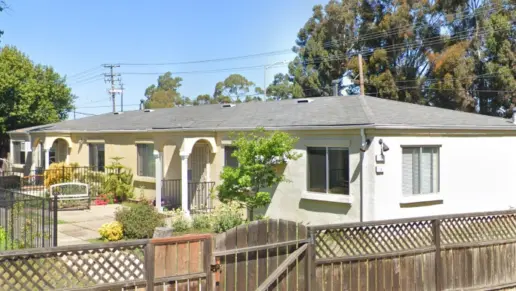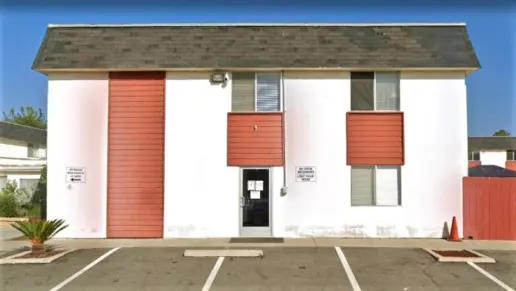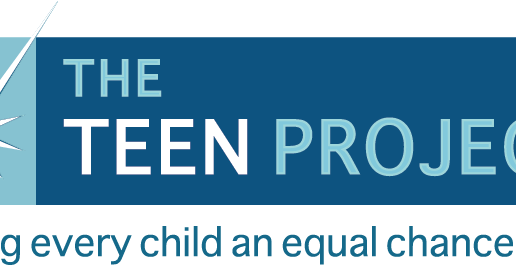About the Facility
Uplift Family Services in Stockton, California is a comprehensive community-based provider serving adolescents, teens, young adults, men, and women who are navigating complex mental and behavioral health challenges. The facility supports clients through outpatient treatment, an intensive outpatient program (IOP), and aftercare support.
Outpatient clients receive support and guidance through individually tailored outpatient care programs similar to those found in drug rehab facilities. Outpatient care consists of flexible treatment plans that employ counseling, recovery education, cognitive behavioral therapy, experiential therapy, trauma therapy, and group or individual therapy.
Clients who require more robust care after inpatient care or during detox are supported through IOP treatments including medication-assisted treatment (MAT), life skills training, and physiotherapy.
Clients, including adolescents transitioning out of outpatient care, can receive additional guidance through aftercare support that is overseen by therapeutic behavioral staff. Services are adjusted as needed.
Uplift Family Services accepts self-pay and most major insurance providers, including Aetna, BlueCross/BlueShield, Humana, Magellan Health, Kaiser Permanente, and Bright Health. Medicare is also accepted, and financial aid is available for those who qualify. Speak with your insurance provider to verify coverage and any out of network benefits that may apply.
 Treatment
Treatment
 Dual Diagnosis
Dual Diagnosis
In California, dual-diagnosis addiction treatment programs offer comprehensive care for individuals with co-occurring mental health and substance use disorders. Programs include medically assisted detox, intensive outpatient, outpatient, residential rehab, and partial hospitalization. Using an evidence-based approach, clinicians utilize therapies like cognitive behavioral therapy, or dialectical behavioral therapy and mindfulness to address substance use disorders and co-occurring mental health challenges. Additional services include 12-Step recovery, group therapy, family counseling, and relapse prevention to promote sustained recovery.
 Mental Health
Mental Health
Inpatient treatment for drug and alcohol addiction with a focus on mental health is a good fit for people who need closer monitoring and care. Treatment may occur in a hospital setting, a clinic, or a luxury rehab center. Mental health counselors and staff are available 24/7. Therapies typically include group and individual counseling, relapse prevention education, and emotional coping skills training.
 Insurance and Financial
Insurance and Financial
Medicaid
Self-pay options
Financial aid
 Programs
Programs
-
Adolescence program
-
Children program
-
Program for men
-
Program for women
-
Young adult program
 Levels of Care
Levels of Care
 Outpatient
Outpatient
Clients receiving treatment at an outpatient rehab typically do not require hospitalization or intensive supervision and support. Outpatient addiction counseling and recovery education are often offered during the morning, evening, night, and weekend, allowing clients to tailor treatment to their own schedule. Partial hospitalization (PHP) and intensive outpatient (IOP) programs are the most time-intensive and are designed for clients who are at an increased relapse risk and/or who need more robust therapeutic support.
 Intensive Outpatient
Intensive Outpatient
Intensive outpatient programs (IOP) support clients’ sustained sobriety as they exit detox or step down from inpatient programs. They are also designed for clients who are at an elevated risk of relapse. Intensive outpatient treatment typically requires clients to engage in a minimum of nine hours of therapy per week, but clients may receive up to 20 therapeutic hours weekly. IOP treatment modalities often combine psychotherapy, recovery-focused life skills training, and medication assisted treatment (MAT).
 Aftercare Support
Aftercare Support
TBS staff oversees a transition plan to ensure that the positive behavioral changes will continue. A child graduates from TBS once the frequency, duration, and intensity of the 1 to 3 targeted behaviors have been reduced and interventions and strategies have been transitioned to support persons. TBS may also need to stop services if the child does not appear to be benefiting from services or progress has reached a plateau.
 Clinical Services
Clinical Services
Cognitive Behavioral Therapy
Cognitive Behavioral Therapy (CBT) is a therapy modality that focuses on the relationship between one's thoughts, feelings, and behaviors. It is used to establish and allow for healthy responses to thoughts and feelings (instead of unhealthy responses, like using drugs or alcohol). CBT has been proven effective for recovering addicts of all kinds, and is used to strengthen a patient's own self-awareness and ability to self-regulate. CBT allows individuals to monitor their own emotional state, become more adept at communicating with others, and manage stress without needing to engage in substance abuse.
Experiential Therapy
Experiential therapy is a form of therapy in which clients are encouraged to surface and work through subconscious issues by engaging in real-time experiences. Experiential therapy departs from traditional talk therapy by involving the body, and having clients engage in activities, movements, and physical and emotional expression. This can involve role-play or using props (which can include other people). Experiential therapy can help people process trauma, memories, and emotion quickly, deeply, and in a lasting fashion, leading to substantial and impactful healing.
Family Therapy
TBS staff works directly with the child and those who care for the child. During this time, TBS staff, the child and the child's caregivers are learning together and taking responsibility for their parts of the child's behavior plan. Interventions and strategies focus on improved self-management, self-awareness, and communication skills as well as positive reinforcement of desirable behaviors.
Group Therapy
Group therapy is any therapeutic work that happens in a group (not one-on-one). There are a number of different group therapy modalities, including support groups, experiential therapy, psycho-education, and more. Group therapy involves treatment as well as processing interaction between group members.
Individual Therapy
In individual therapy, a patient meets one-on-one with a trained psychologist or counselor. Therapy is a pivotal part of effective substance abuse treatment, as it often covers root causes of addiction, including challenges faced by the patient in their social, family, and work/school life.
Life Skills
Life skills trainings involve all the skills a person must have in order to function successfully in the world. These include time management, career guidance, money management, and effective communication. Truly successful addiction recovery is based on the ability to not only live substance-free, but to thrive. Life skills teaches the practical necessities of functioning in society, which sets clients up for success in life, and therefore sobriety.
Trauma Therapy
Trauma therapy addresses traumatic incidents from a client's past that are likely affecting their present-day experience. Trauma is often one of the primary triggers and potential causes of addiction, and can stem from child sexual abuse, domestic violence, having a parent with a mental illness, losing one or both parents at a young age, teenage or adult sexual assault, or any number of other factors. The purpose of trauma therapy is to allow a patient to process trauma and move through and past it, with the help of trained and compassionate mental health professionals.
 Settings and Amenities
Settings and Amenities
-
Private setting
 Contact
Contact
2575 Grand Canal Blvd.
Suite 330
Stockton CA, 95207


